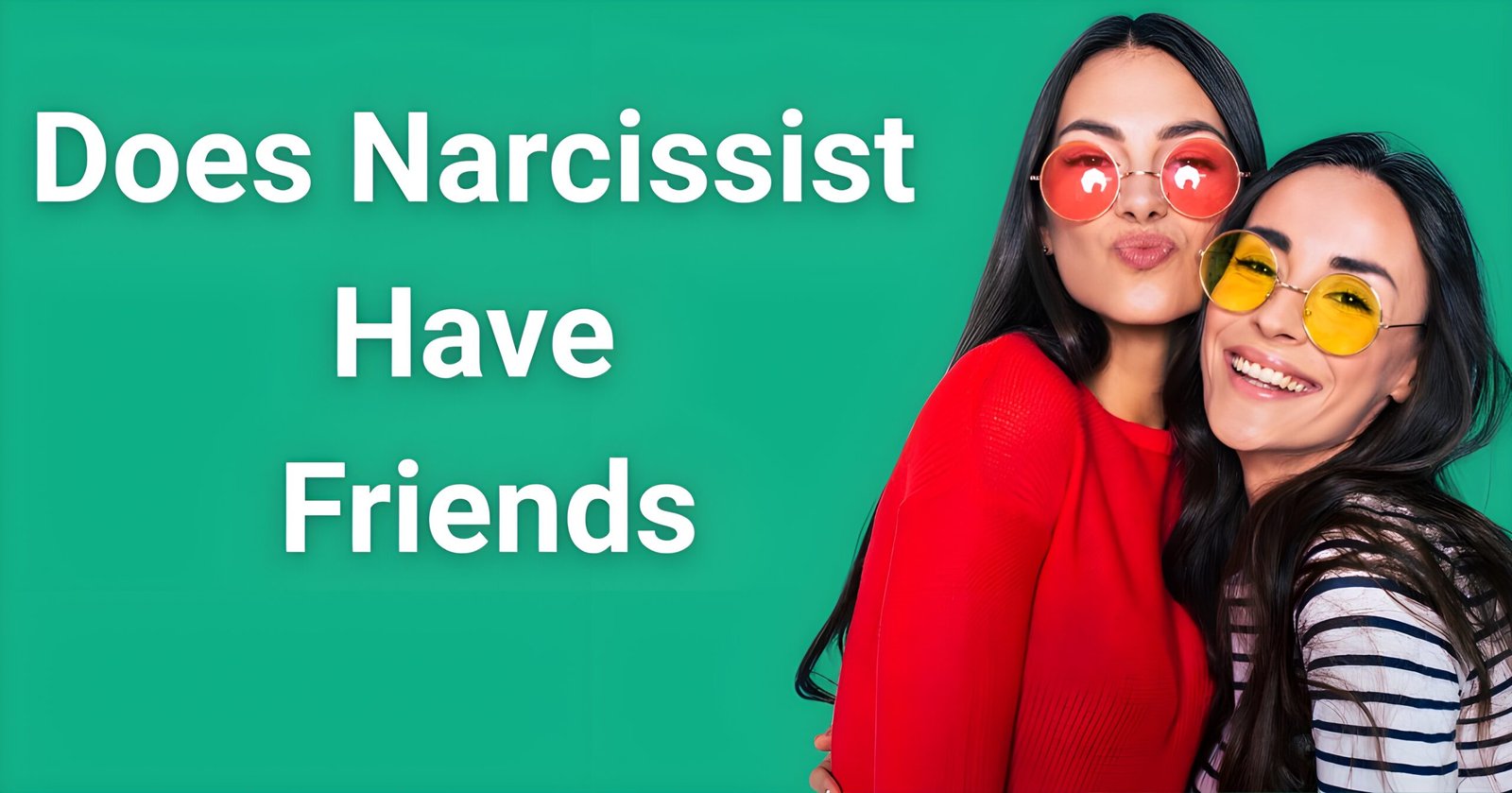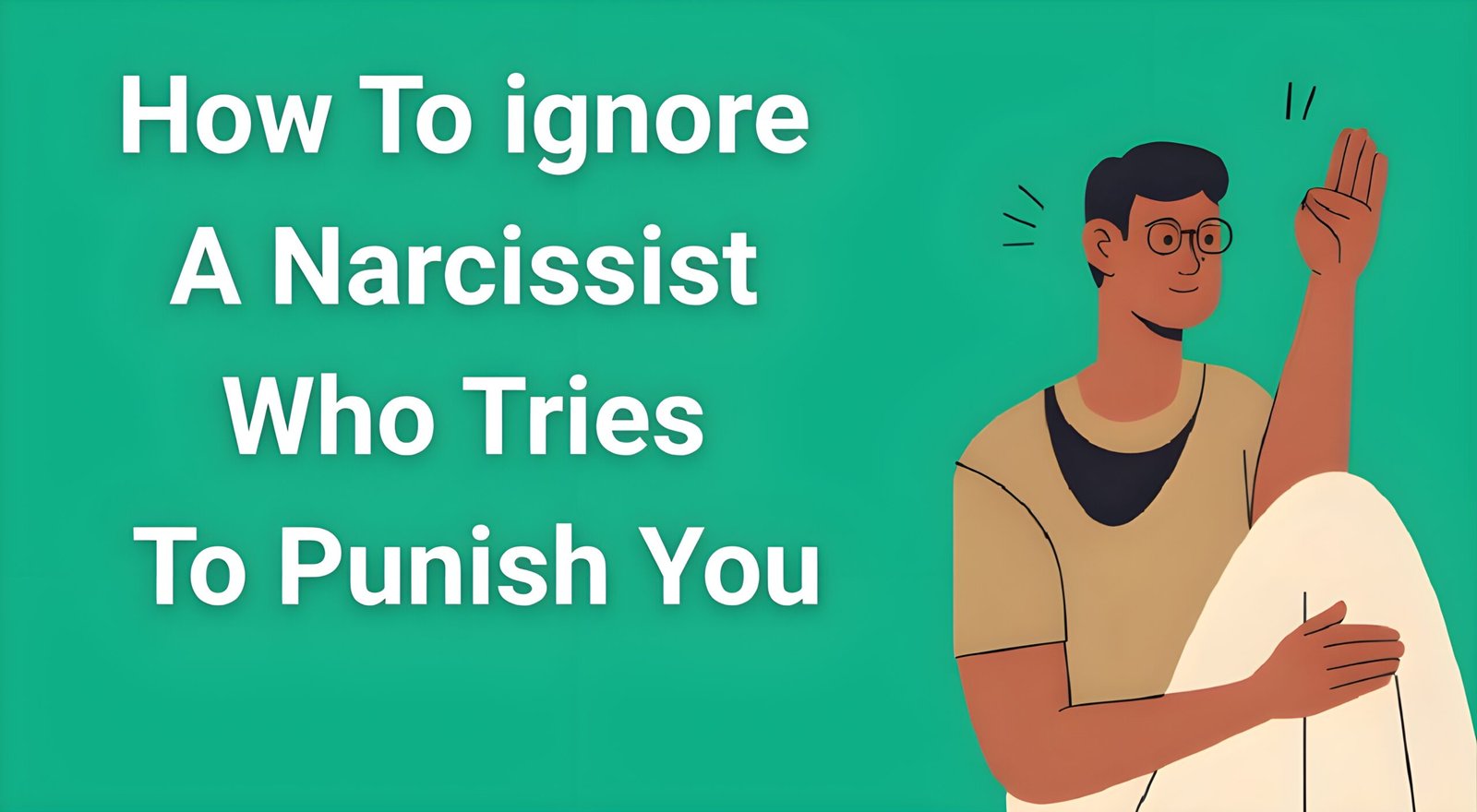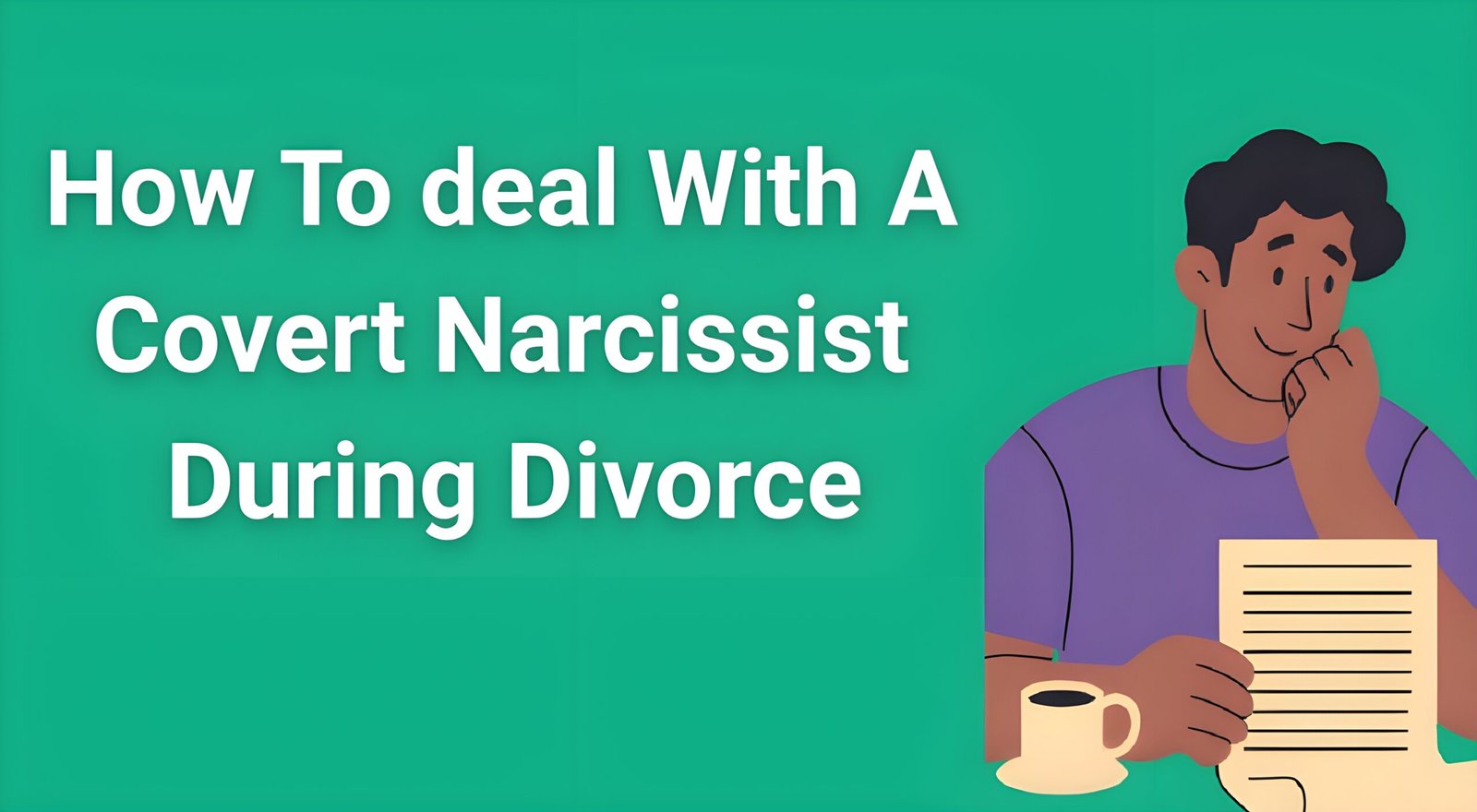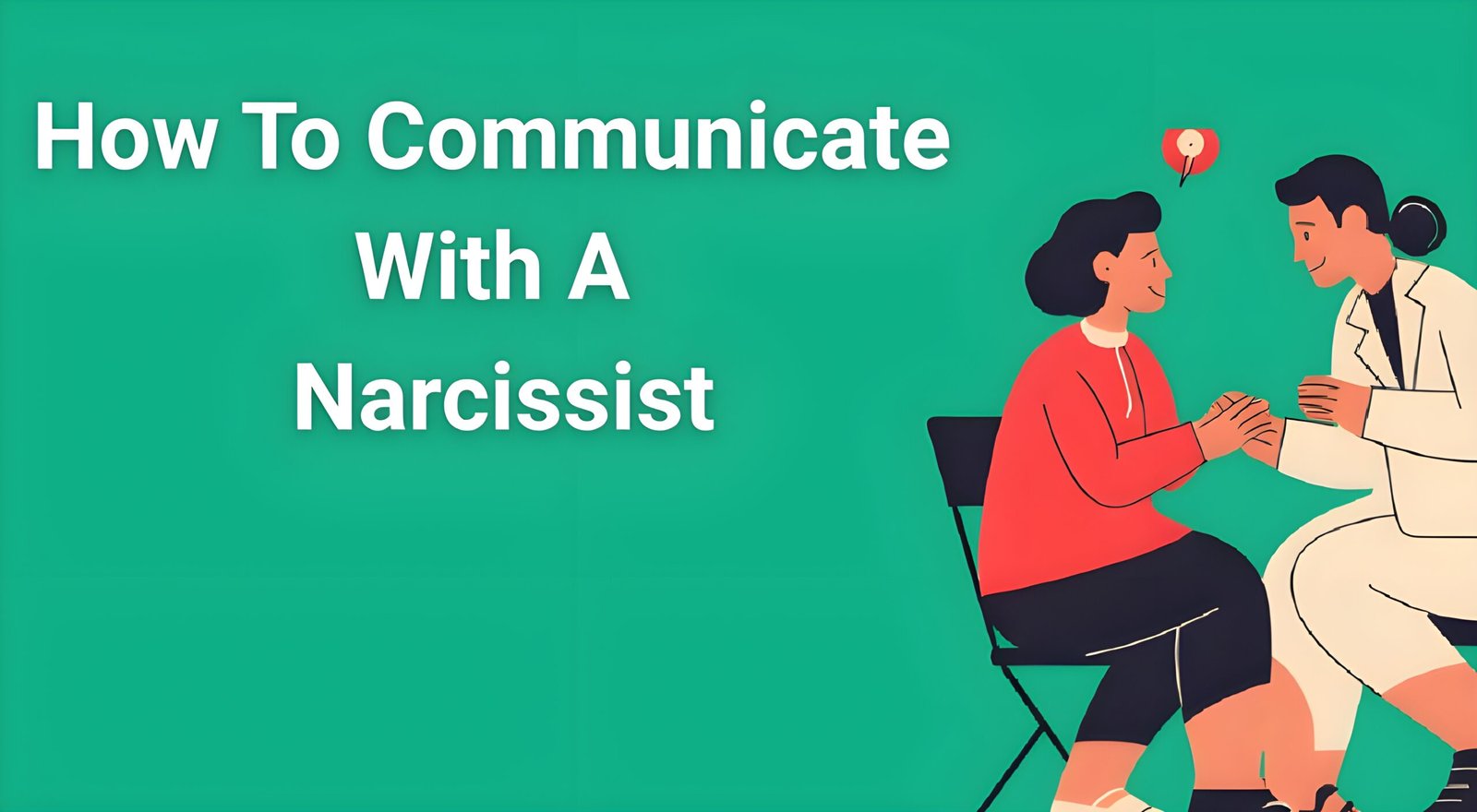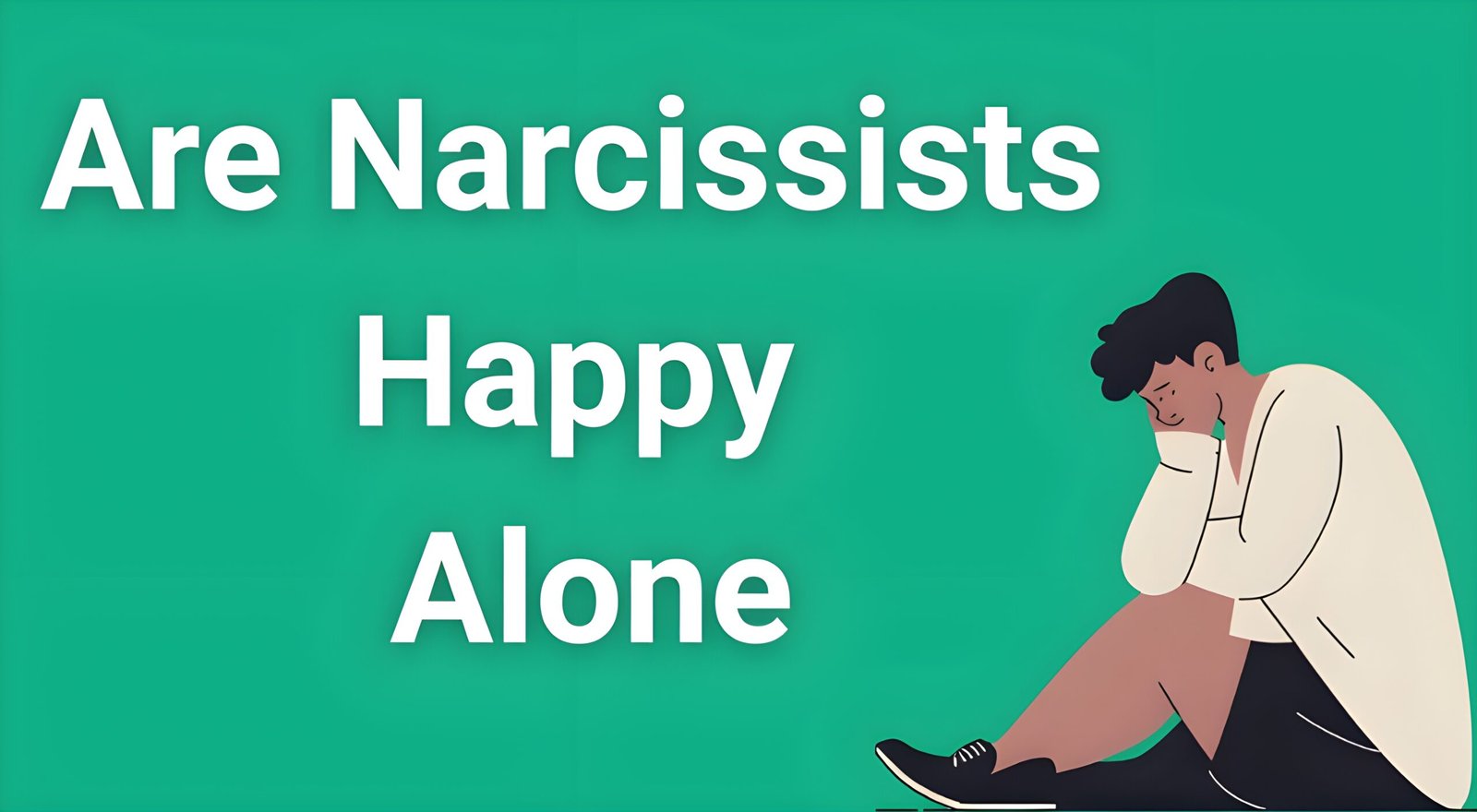Does narcissist have friends? You need to know this truth before it drives you completely insane with confusion and self-doubt. After working with thousands of survivors through NarcissismExposed.com as a Certified Narcissistic Abuse Specialist, I can tell you that this question haunts every person who has watched their narcissistic abuser charm everyone around them while systematically destroying their victim’s sense of reality and self-worth.
- Understanding the Narcissistic Social Strategy
- Does Narcissist Have Friends? You Need to Know This: The Types of Fake Friendships
- The Social Media Deception: How Does Narcissist Have Friends? You Need to Know This Digital Manipulation
- The Loneliness Behind the Mask: Does Narcissist Have Friends? You Need to Know This Hidden Truth
- Breaking Free from the Confusion: Does Narcissist Have Friends? You Need to Know This for Your Healing
- The Protection Knowledge: Does Narcissist Have Friends? You Need to Know This to Stay Safe
- Key Takeaways: Does Narcissist Have Friends? You Need to Know This Truth
- Frequently Asked Questions
The devastating reality is that narcissists don’t have genuine friends – they have collections of people who serve different functions in maintaining their grandiose self-image and providing narcissistic supply. What appears to be a rich social life filled with meaningful connections is actually a carefully orchestrated network of transactional relationships designed to feed their ego and provide ammunition for their manipulation tactics.
Understanding this distinction isn’t just academic – it’s crucial for your healing and sanity. The confusion you feel watching your abuser maintain seemingly wonderful friendships while treating you with cruelty and contempt reflects the sophisticated nature of narcissistic manipulation. They present completely different versions of themselves to different people, ensuring that you remain isolated in your understanding of their true nature.
This knowledge will either validate everything you’ve secretly wondered about their relationships or completely shatter the illusion that has kept you questioning your own perceptions of their character and capacity for genuine human connection.
Understanding the Narcissistic Social Strategy
Before we explore whether narcissists truly have friends, it’s essential to understand how narcissistic individuals approach relationships fundamentally differently from healthy people. The question “does narcissist have friends? You need to know this” reflects a deeper confusion about how narcissists view and use other people.
Narcissists don’t see other people as complete individuals with their own needs, feelings, and worth – they see them as objects that either provide value or pose threats to their grandiose self-image. This objectification applies to all their relationships, including what appear to be friendships from the outside.
The Narcissistic Supply Network
What looks like a social circle to outsiders is actually a carefully curated narcissistic supply network. Each person serves a specific function in maintaining the narcissist’s ego and public image, rather than providing mutual support, understanding, and genuine care that characterizes real friendship.
The supply network typically includes:
Admirers and Fans: People who consistently provide praise, validation, and ego stroking without requiring much emotional investment from the narcissist.
Status Enhancers: Individuals whose social position, attractiveness, success, or connections make the narcissist look better by association.
Flying Monkeys: Loyal supporters who defend the narcissist and carry out their agenda without questioning their motives or methods.
Backup Supply: Potential romantic or emotional sources kept on standby for when primary relationships become unavailable or challenging.
Information Sources: People who provide gossip, intel about others, or access to social situations that benefit the narcissist’s image or agenda.
Service Providers: Individuals who offer practical benefits like professional connections, financial opportunities, or access to resources.
According to research published in the Journal of Personality and Social Psychology, narcissistic individuals show significantly different brain activation patterns when viewing others compared to healthy individuals, suggesting they literally process other people differently at a neurological level.
The Performance vs. Reality Gap
One of the most confusing aspects of asking “does narcissist have friends” is witnessing the dramatic difference between their public persona and their private behavior. This isn’t simple two-faced behavior – it’s a sophisticated system of impression management that serves their psychological needs.
The public performance typically includes:
- Charming, witty, and engaging social behavior that draws people in
- Apparent generosity and helpfulness that creates positive impressions
- Storytelling and charisma that positions them as interesting and desirable
- Strategic vulnerability sharing that creates false intimacy
- Networking behaviors that expand their social influence and options
The private reality often involves:
- Constant criticism and judgment of their “friends” behind their backs
- Strategic manipulation of relationships to create drama or gain advantages
- Lack of genuine concern for others’ wellbeing or personal struggles
- Viewing friendships as competitive arenas rather than supportive connections
- Using private information shared by “friends” as weapons when it serves their purposes
Does Narcissist Have Friends? You Need to Know This: The Types of Fake Friendships
Understanding the specific types of relationships narcissists maintain helps clarify why the question “does narcissist have friends? You need to know this” is so important for survivors to understand. These aren’t genuine friendships but carefully managed connections that serve the narcissist’s agenda.
The Worship Circle
Narcissists often surround themselves with people who consistently provide admiration and validation without expecting much in return. These relationships appear friendly but lack the reciprocity and mutual support that characterize genuine friendship.
Worship circle members typically:
- Constantly praise the narcissist’s achievements, appearance, or intelligence
- Ask for advice and validation, positioning the narcissist as superior and wise
- Provide emotional regulation through consistent positive feedback
- Rarely challenge the narcissist’s opinions or behaviors
- Accept minimal investment from the narcissist while providing maximum ego stroking
Why these aren’t real friendships:
- The relationship is entirely one-sided, focused on the narcissist’s needs
- The narcissist feels superior to these individuals rather than seeing them as equals
- The connection would end immediately if the admiration stopped flowing
- There’s no genuine interest in the other person’s authentic self or growth
- The narcissist privately mocks or dismisses these “friends” as weak or needy
Impact on survivors: Watching your abuser receive constant validation from their worship circle while treating you with contempt creates profound confusion about your worth and their capacity for kindness.
The Trophy Collection
Many narcissists deliberately cultivate relationships with high-status individuals who enhance their image and social standing. These connections serve as social proof of their own importance and desirability.
Trophy friends often include:
- Successful professionals, celebrities, or socially prominent individuals
- Extremely attractive people who make the narcissist look good by association
- Wealthy or influential individuals who provide access to exclusive opportunities
- People with unique talents, skills, or achievements that reflect positively on the narcissist
- Individuals from desirable social circles that the narcissist wants to penetrate
The transactional nature reveals itself through:
- Relationships that depend entirely on the other person’s status or success
- Lack of genuine interest in the person beyond their achievements or appearance
- Sudden abandonment when the person loses status, success, or usefulness
- Using these relationships primarily for social media display and impression management
- Competitive rather than supportive interactions that focus on comparison
Why this matters for survivors: Understanding that their “impressive” social connections are based on utility rather than genuine affection helps explain why they treated you as an object rather than a person deserving of love and respect.
The Flying Monkey Army
Perhaps the most damaging aspect of narcissistic social networks is how they recruit “flying monkeys” – people who unknowingly or willingly participate in their manipulation and abuse of others. These individuals often believe they’re being good friends while actually serving as weapons in the narcissist’s psychological warfare.
Flying monkeys typically:
- Believe and spread the narcissist’s version of events without questioning
- Pressure the narcissist’s victims to forgive, understand, or reconnect
- Provide information about the victim’s activities, emotions, or relationships
- Defend the narcissist against criticism or accountability efforts
- Isolate the victim by taking the narcissist’s side in conflicts
The manipulation tactics used to create flying monkeys include:
- Presenting themselves as the victim in all relationship conflicts
- Sharing selective information that paints others as unreasonable or cruel
- Using charm and victimhood to generate sympathy and protective responses
- Creating false emergencies or crises that mobilize others to their defense
- Rewarding loyalty with attention, gifts, or special status within their circle
The devastating impact: Flying monkeys often inadvertently become agents of continued abuse, making survivors feel isolated, misunderstood, and questioning their own reality about the abuse they experienced.
The Social Media Deception: How Does Narcissist Have Friends? You Need to Know This Digital Manipulation
In our digital age, understanding how narcissists use social media to create the illusion of meaningful friendships becomes crucial for survivors trying to make sense of their abuser’s apparent popularity and social success.
The Curated Life Performance
Social media provides narcissists with the perfect platform to showcase their “amazing friendships” and social life while carefully controlling the narrative and hiding the reality of their shallow, transactional relationships.
The digital performance typically includes:
- Constant photos with different groups of people, suggesting rich social connections
- Public displays of affection and friendship that appear genuine and heartfelt
- Strategic tagging and interaction designed to maintain visibility and engagement
- Sharing others’ achievements as if they were personal victories or close associations
- Creating false intimacy through public birthday wishes and celebration posts
The hidden reality behind the posts:
- Many “friends” in photos are acquaintances, networking contacts, or one-time encounters
- Public affection is performed for image rather than genuine feeling
- Private conversations often involve criticism or manipulation of the same people
- Relationships are maintained superficially through social media rather than genuine connection
- The constant posting serves ego needs rather than celebrating authentic relationships
The Numbers Game
Narcissists often focus obsessively on metrics of social popularity – follower counts, likes, comments, and the appearance of social demand. This quantitative approach to relationships reveals the shallow nature of their connections.
The metrics obsession manifests as:
- Collecting followers and friends like trophies rather than building meaningful connections
- Measuring self-worth through social media engagement and validation
- Using social media to create FOMO (fear of missing out) in their victims
- Posting strategically to maximize attention and create the appearance of constant social activity
- Leveraging their social media presence to make others feel isolated or less popular
Why this matters for healing: Understanding that their social media presence is carefully curated performance art rather than evidence of genuine friendships helps survivors stop comparing their authentic but smaller social circles to the narcissist’s manufactured image.
The Loneliness Behind the Mask: Does Narcissist Have Friends? You Need to Know This Hidden Truth
Despite their apparent social success, narcissists experience profound loneliness and emptiness that no amount of superficial connections can fill. Understanding this hidden reality helps survivors recognize that their abuser’s behavior stems from internal emptiness rather than personal inadequacy.
The Authentic Self Isolation
The most tragic aspect of narcissistic social patterns is that the true self remains completely isolated and unknown, even to the narcissist themselves. All their relationships are based on false personas and performance, preventing genuine connection.
This isolation manifests as:
- Inability to share authentic vulnerabilities or fears with anyone
- Constant performance anxiety about maintaining their false image
- Deep fear that others would reject them if they knew their true thoughts and feelings
- Chronic emptiness despite being surrounded by people
- Inability to experience the comfort and security that genuine friendship provides
The performance exhaustion: Maintaining multiple false personas across different relationships requires enormous psychological energy, leading to periods of depression, rage, and emotional volatility that they hide from their social network.
The Intimacy Deficit
While narcissists may have numerous social connections, they lack the capacity for emotional intimacy that creates truly fulfilling relationships. This deficit explains many of their abusive behaviors toward romantic partners who get closest to their authentic self.
The intimacy barriers include:
- Fear of vulnerability that could expose their perceived inadequacies
- Inability to prioritize others’ emotional needs over their own ego requirements
- Lack of emotional empathy necessary for deep connection and understanding
- Constant need for control that prevents mutual, equal relationship dynamics
- Terror of abandonment that leads to preemptive rejection or manipulation
Impact on primary relationships: The closer someone gets to the narcissist’s authentic self, the more threatening they become, explaining why romantic partners and family members often experience the worst abuse while “friends” see only charm and charisma.
Breaking Free from the Confusion: Does Narcissist Have Friends? You Need to Know This for Your Healing
Understanding the reality of narcissistic relationships is crucial for survivors to heal from the confusion and self-doubt created by witnessing their abuser’s apparent social success while experiencing private cruelty and manipulation.
Validating Your Experience
The stark contrast between how your narcissistic abuser treats their “friends” versus how they treated you is not evidence of your unworthiness – it’s evidence of their inability to maintain authentic relationships with people who truly know them.
Important validations include:
- You experienced their authentic self, which is why the treatment was so much worse
- Their “friends” see only carefully crafted personas designed to extract specific benefits
- The apparent social success is built on deception and manipulation, not genuine connection
- Your isolation was strategically created to make you doubt your own perceptions
- The contrast you witnessed is normal in narcissistic abuse patterns
Your confusion was normal: The cognitive dissonance created by watching someone be charming to others while cruel to you is a natural response to the systematic manipulation and gaslighting that characterizes narcissistic abuse.
Rebuilding Your Social Confidence
Recovery from narcissistic abuse often involves rebuilding your ability to trust your own social instincts and develop genuine friendships based on mutual care and respect.
Healthy friendship rebuilding includes:
- Recognizing that quality matters more than quantity in social connections
- Understanding that genuine friends support you through difficulties rather than abandoning you
- Learning to value emotional authenticity over impressive social performances
- Developing relationships based on mutual interest and care rather than utility
- Trusting your instincts about people’s genuine intentions and character
Red flags to avoid in future relationships:
- People who seem to have many friends but speak poorly of them privately
- Individuals who appear charming in groups but show different personalities one-on-one
- Friends who seem to keep score of favors or maintain transactional relationship dynamics
- People who gossip extensively about others or share private information inappropriately
- Individuals who seem to collect people like trophies rather than building genuine connections
Building Authentic Connections
The goal isn’t to replicate the narcissist’s extensive but shallow social network, but to develop a smaller circle of genuine relationships that provide mutual support, understanding, and authentic connection.
Authentic friendship characteristics:
- Consistency between public and private behavior
- Genuine interest in your wellbeing and personal growth
- Ability to celebrate your successes without making them about themselves
- Support during difficult times without expecting immediate reciprocation
- Respect for boundaries and individual differences
- Comfort with vulnerability and emotional authenticity
Building strategies:
- Focus on activities and interests that bring you joy rather than impressing others
- Practice vulnerability with trustworthy people gradually
- Seek relationships with people who demonstrate empathy and emotional intelligence
- Invest time in people who show genuine interest in your authentic self
- Be patient with the process of rebuilding trust in your social instincts
The Protection Knowledge: Does Narcissist Have Friends? You Need to Know This to Stay Safe
Understanding narcissistic social patterns provides crucial protection against future manipulation and helps you recognize when someone’s “impressive” social life might actually be a red flag rather than an attractive quality.
Early Warning Signs in Social Settings
Learning to recognize narcissistic social patterns early can protect you from getting involved with manipulative individuals who use their apparent popularity to gain trust and access to new victims.
Red flags in social behavior:
- Excessive charm that seems calculated rather than genuine
- Storytelling that always positions them as the hero or victim
- Name-dropping and status seeking that seems strategic rather than natural
- Speaking poorly of “friends” when they’re not present
- Seeking constant validation and attention from multiple sources simultaneously
- Creating drama or competition within social groups
- Using information shared by friends against them later
Trust your instincts: If someone’s social behavior feels performative or if you notice inconsistencies between their public and private personas, these observations are valuable data about their character and trustworthiness.
Protecting Yourself from Flying Monkeys
Understanding how narcissists recruit flying monkeys helps you recognize when well-meaning people are being manipulated to pressure you into reconnecting with your abuser or minimizing your abuse experiences.
Flying monkey tactics to recognize:
- Pressure to forgive or understand your abuser’s perspective
- Sharing information about your abuser’s apparent distress or regret
- Suggesting that you’re being too harsh or unforgiving
- Minimizing your abuse experiences while emphasizing your abuser’s positive qualities
- Creating guilt about the impact your absence has on your abuser
Protection strategies:
- Limit information sharing about your situation with people connected to your abuser
- Set clear boundaries about unwanted advice or pressure to reconcile
- Educate trusted friends and family about narcissistic abuse dynamics
- Remember that flying monkeys often mean well but lack understanding of abuse patterns
- Maintain no contact despite pressure from others who don’t understand your situation
Key Takeaways: Does Narcissist Have Friends? You Need to Know This Truth
The question “does narcissist have friends? You need to know this” reveals the crucial distinction between genuine friendship and the transactional relationships that narcissists maintain to feed their ego and maintain their image.
Remember these essential insights:
- Narcissists don’t have genuine friends – they have narcissistic supply sources who serve different functions in maintaining their grandiose self-image
- Their apparent social success is carefully curated performance designed to extract admiration, status, and practical benefits from others
- The contrast between their public charm and private cruelty is normal in narcissistic abuse patterns and reflects their inability to maintain authentic relationships
- Their “friends” see only carefully crafted personas while you experienced their authentic self, which is why the treatment was so different
- Flying monkeys often unknowingly participate in continued abuse by pressuring victims to forgive or reconnect with their abuser
- Your confusion about their social success was a normal response to sophisticated manipulation and impression management
The path forward includes:
- Validating your experience of their authentic self versus their performed personas
- Understanding that genuine friendship quality matters more than impressive quantity
- Building authentic relationships based on mutual care and emotional honesty
- Learning to recognize narcissistic social patterns as protection against future manipulation
- Focusing on your own healing rather than trying to understand their social dynamics
Understanding that narcissists don’t have genuine friends isn’t about judgment – it’s about clarity and protection. When survivors ask “does narcissist have friends? You need to know this,” they’re seeking validation for their confusion about someone who appeared charming and popular while privately engaging in cruelty and manipulation.
The truth is that their social connections are as hollow and performative as their capacity for love. Your experience of their authentic cruelty was more real than any of their performed friendships. Moving forward, you can use this knowledge to recognize genuine connection and build relationships based on authenticity rather than impression management.
Your worth isn’t measured by the size of your social circle or your ability to charm everyone you meet. The smaller circle of genuine friends who know and accept your authentic self is infinitely more valuable than any collection of admirers or transactional relationships that narcissists mistake for friendship.
Frequently Asked Questions
Why do my narcissistic ex’s friends always take their side and think I’m the problem?
Your narcissistic ex’s friends only see their carefully crafted persona, not the authentic self you experienced. Narcissists are skilled at presenting themselves as victims and painting their actual victims as unreasonable or abusive. These “friends” are often flying monkeys who’ve been manipulated through selective information sharing and charm. They don’t have access to the private reality of your relationship, so their perspective is based on lies and performance rather than truth. Remember that their opinion doesn’t invalidate your experience of abuse.
How can someone so charming and popular be abusive behind closed doors?
Narcissists are masters of impression management who can maintain completely different personas for different audiences. Their public charm is a calculated performance designed to extract admiration and maintain their image, not genuine personality traits. The closer you get to their authentic self, the more abusive they become because intimacy threatens their carefully constructed facade. Their ability to fool others doesn’t make your abuse experience less real – it demonstrates their sophisticated manipulation skills.
Should I try to warn my narcissistic ex’s new friends about their true nature?
Generally, it’s not advisable to warn the narcissist’s new friends or romantic partners, as this often backfires and provides them with ammunition to paint you as jealous, vindictive, or unstable. Most people need to discover narcissistic behavior patterns themselves, and your warnings may be dismissed as bitter ex-partner syndrome. Focus your energy on your own healing and building genuine relationships rather than trying to expose their manipulation to others who aren’t ready to see it.
Why do I have so few friends compared to my narcissistic abuser’s large social circle?
Quality matters more than quantity in friendships. Your narcissistic abuser’s large social circle consists of shallow, transactional relationships that serve their ego rather than genuine connections. Your smaller circle likely includes people who know and accept your authentic self, which is far more valuable than collections of admirers or networking contacts. Narcissistic abuse often results in social isolation, but healing involves rebuilding genuine connections rather than competing with your abuser’s performative social life.
How do I know if someone’s friendships are genuine or narcissistic supply relationships?
Observe how they speak about their friends privately versus publicly, whether their relationships are reciprocal or one-sided, and if they maintain long-term consistent friendships through difficulties. Genuine friends support each other mutually, while narcissistic supply relationships are transactional and conditional. Notice if they gossip extensively about friends, drop people when they’re no longer useful, or only maintain relationships that benefit their image or ego. Healthy people have smaller circles of consistent, mutual relationships rather than large networks of admirers.
Can narcissists actually maintain any long-term friendships at all?
Some narcissists maintain long-term relationships with people who consistently provide supply without expecting much in return, or with individuals who enable their behavior and never challenge them. These aren’t healthy friendships but rather codependent or exploitative relationships that persist because they serve the narcissist’s needs. Truly mutual, authentic friendships requiring emotional reciprocity and vulnerability are extremely difficult for narcissists to maintain due to their fundamental empathy deficits and need for control.
How do I rebuild my social confidence after narcissistic abuse isolated me from friends?
Start slowly by reconnecting with old friends who knew you before the abuse, if possible. Practice vulnerability gradually with trustworthy people, and remember that authentic connections develop over time rather than through performance. Focus on activities you genuinely enjoy rather than trying to impress others. Seek therapy to process your abuse experience and rebuild your self-worth. Remember that healing takes time, and building a smaller circle of genuine friends is more valuable than trying to replicate your abuser’s extensive but shallow social network.

